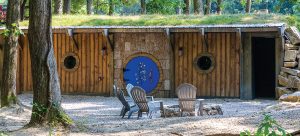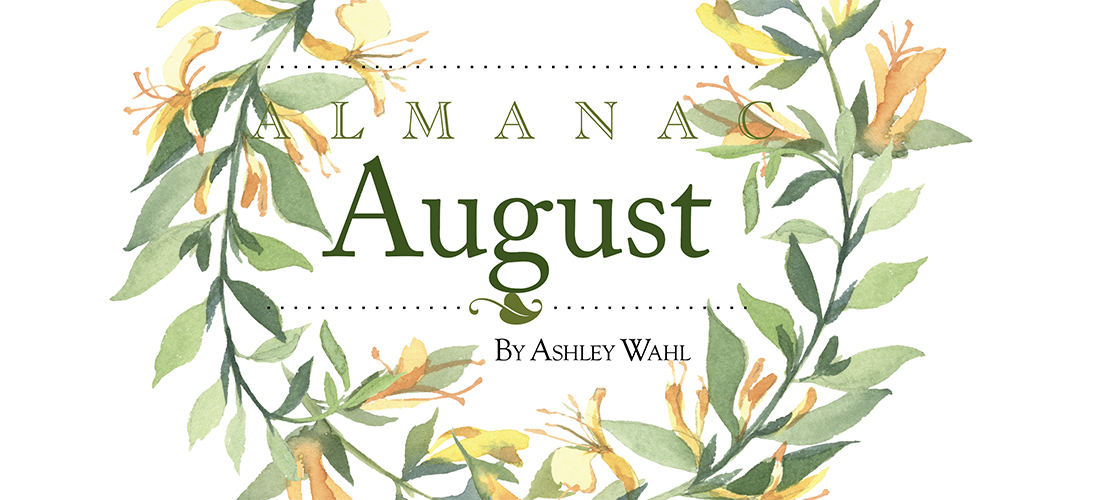
By Ashley Wahl
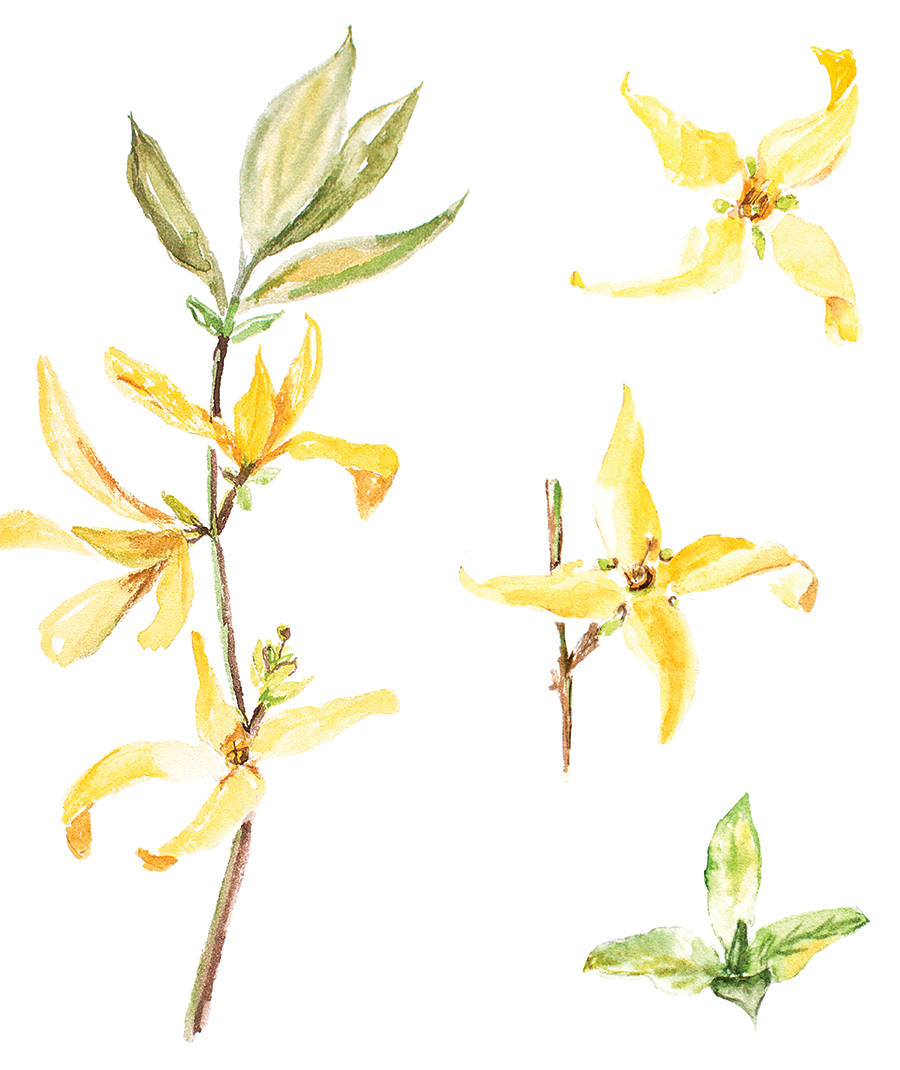
August leaves you wanting.
In the afternoon, when the air is all milk-and-honey and the primal thrum of late summer has reached a crescendo, she will boldly take your hand.
“Close your eyes,” she will whisper, and as her golden light flickers across your face and shoulders, you all but dissolve into her dreamy essence.
“This way,” she will tease, giggling as she guides you someplace a little darker, a little cooler — a shadowy hideaway beneath the trees.
You’ll stop at the tangle of wild blackberries, where deer tracks resemble spirals of ancient text and a sparrow whistles sweetly in the distance.
“All for you,” she will promise, slowly feeding you the last of the dark, warm berries, and then she will guide you along.
You can tell by the sun on your skin that you’ve entered some clearing, and when you crack open your eyes, bees and butterflies light and stir in all directions.
“Keep them closed,” she warns, leading you through wildflowers and down to the dock of a swollen pond, where yellow-bellied sliders bask on the bank, largest to smallest, like a set of wooden stacking dolls.
Bare feet dangling in the water, she leans in close, perfume thick as honeysuckle, plants a soft kiss on your cheek. Because her voice is like nectar — slow and sweet and dripping with intrigue — it makes no difference what she says next:
“I’ll never leave you” or “Wait right here.”
Besides, you’re too enraptured to notice that the days are growing shorter, that the gray squirrel has been busy storing nuts.
As the summer light begins to fade, the fireflies blink Morse code. The cicadas, too, scream out. All the signs are here, but you can’t see them.
When you open your eyes, she is already gone.
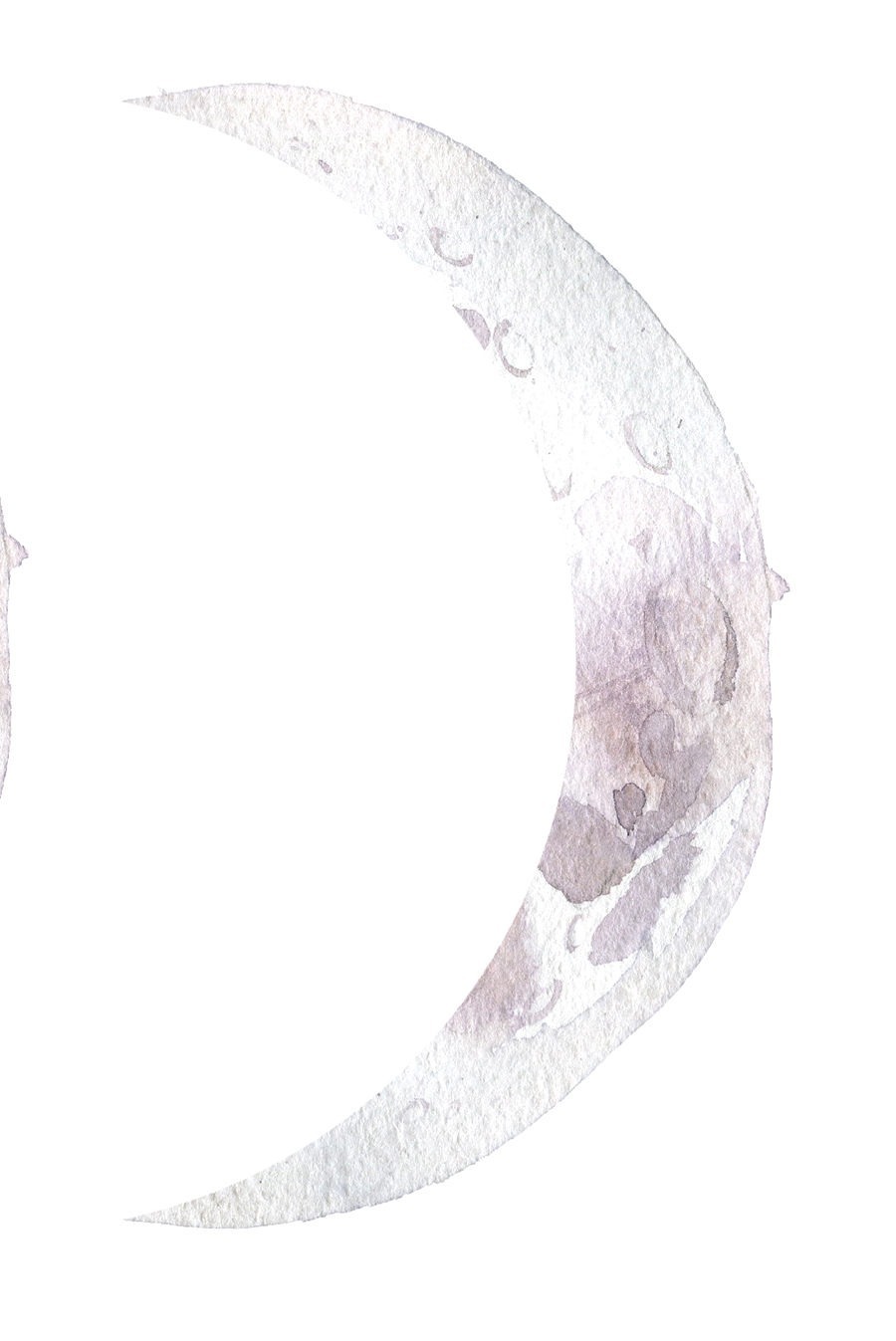
Green Corn Moon
Behold the earliest apples, the earliest figs, bushels of sweet corn and tomatoes ripening faster than you can say bruschetta.
When the Green Corn Moon rises on Sunday, August 22, take a lesson from the squirrels: Now’s the time to preserve your summer harvest.
Can the fresh tomatoes. Sun-dry the herbs and figs. Pickle okra, cukes and peppers. As for the rest? Cook now and freeze it for later.
Squash soup, anyone?
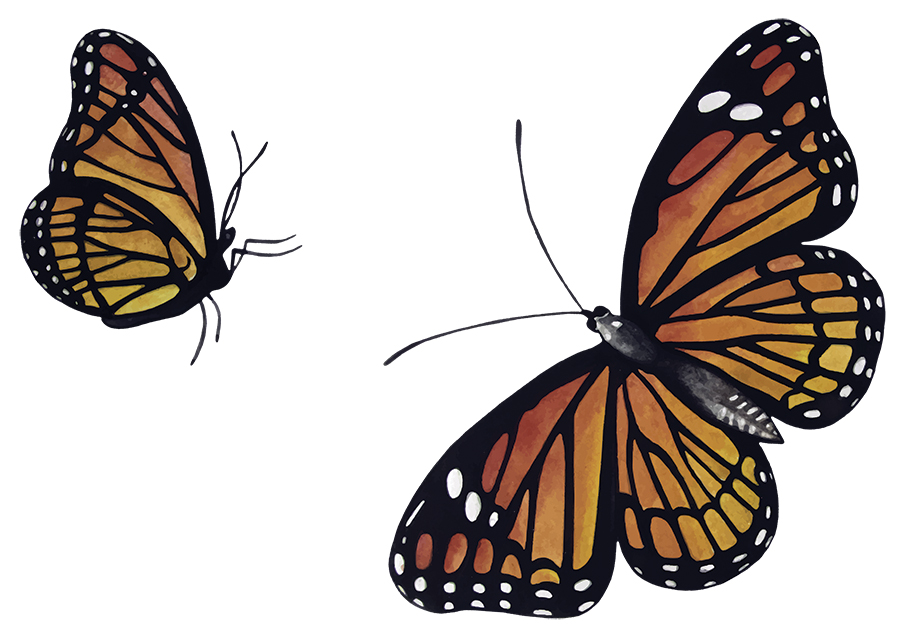
Late Bloomers
The bees and all who hum and buzz are, in a word, nectar-drunk. Among the late summer bloomers — crape myrtle, lantana, lobelia, ageratum and phlox — a favorite is butterfly weed, Asclepias tuberosa, caterpillar food for Monarchs. Drought tolerant, deer resistant and kin to milkweed, what’s not to love? And their orange-and-yellow clusters mirror the joy and warmth of summer.
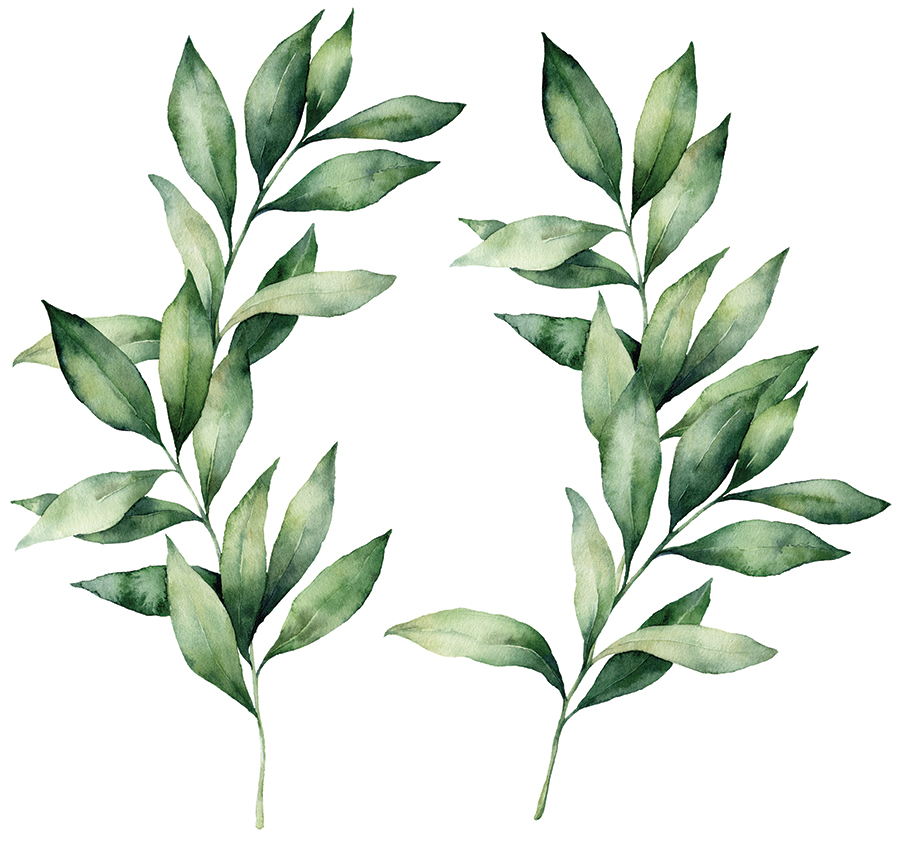
When in still air and still in summertime
A leaf has had enough of this, it seems
To make up its mind to go; fine as a sage
Its drifting in detachment down the road.
— Howard Nemerov




